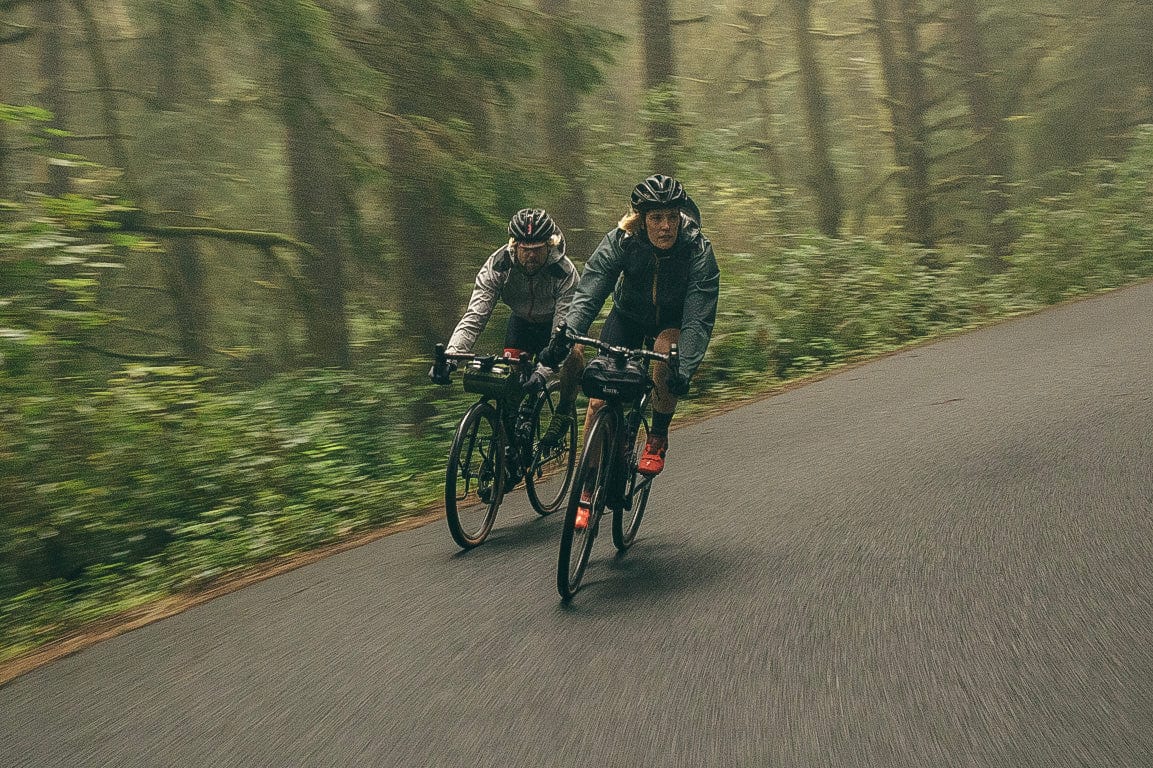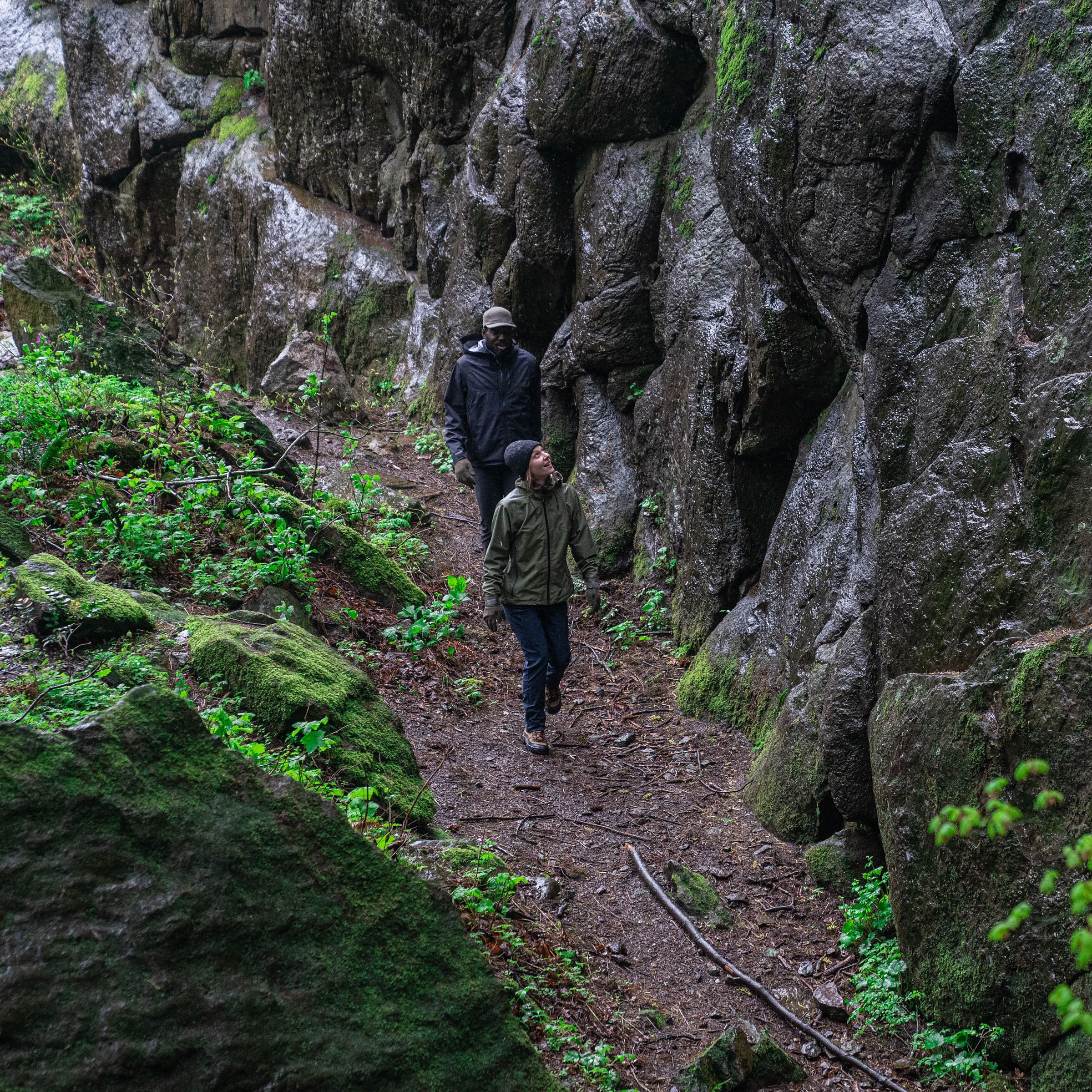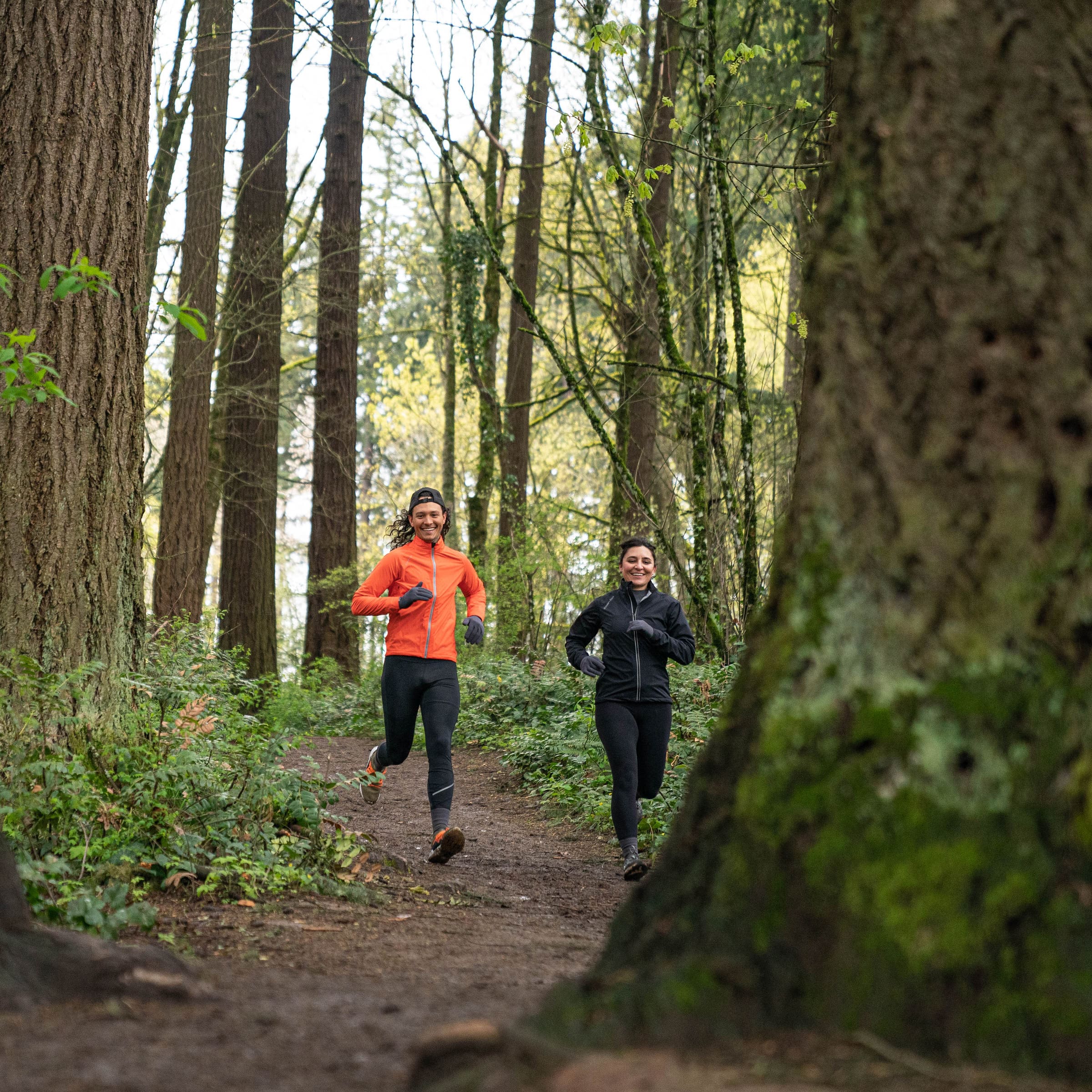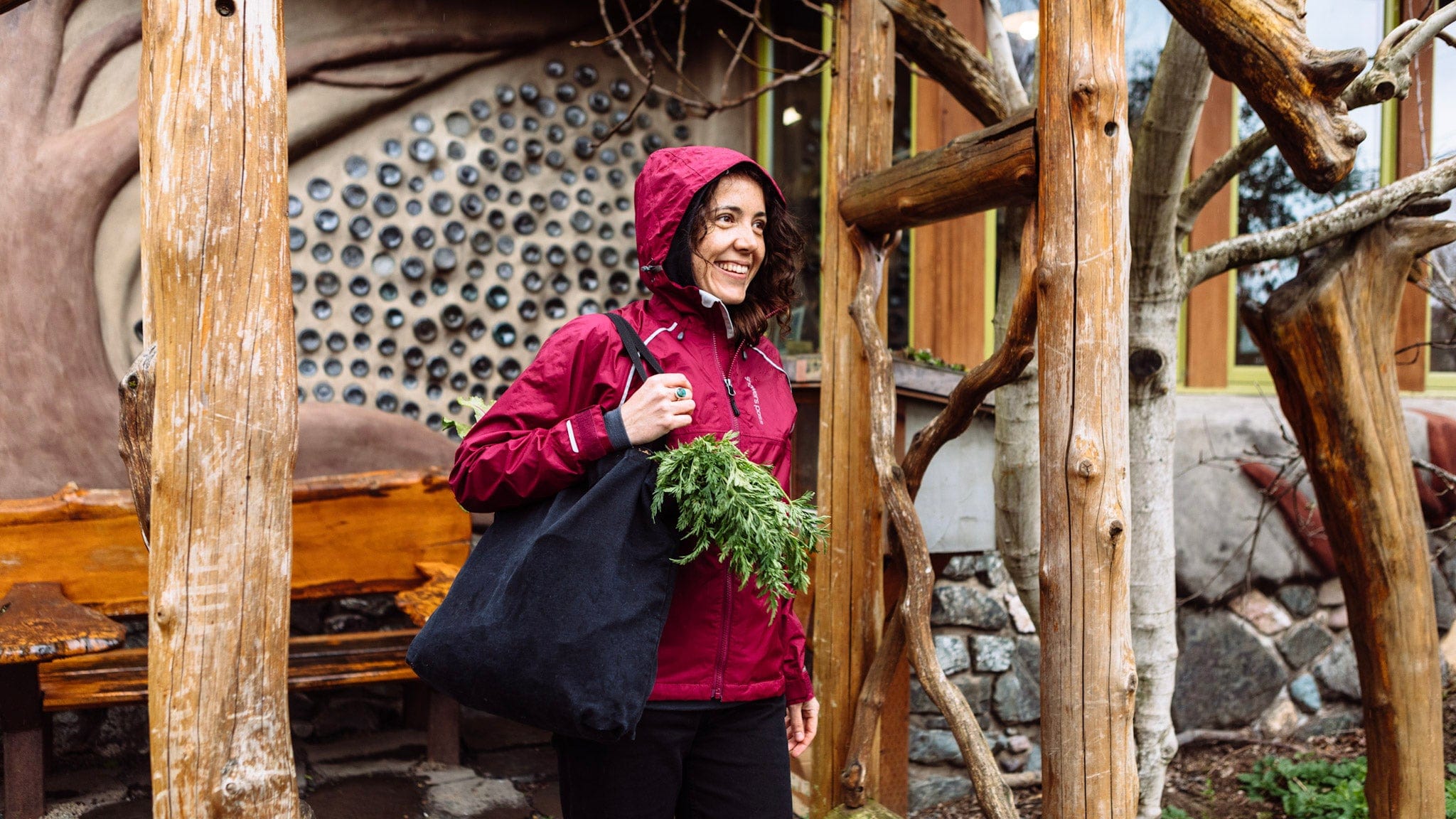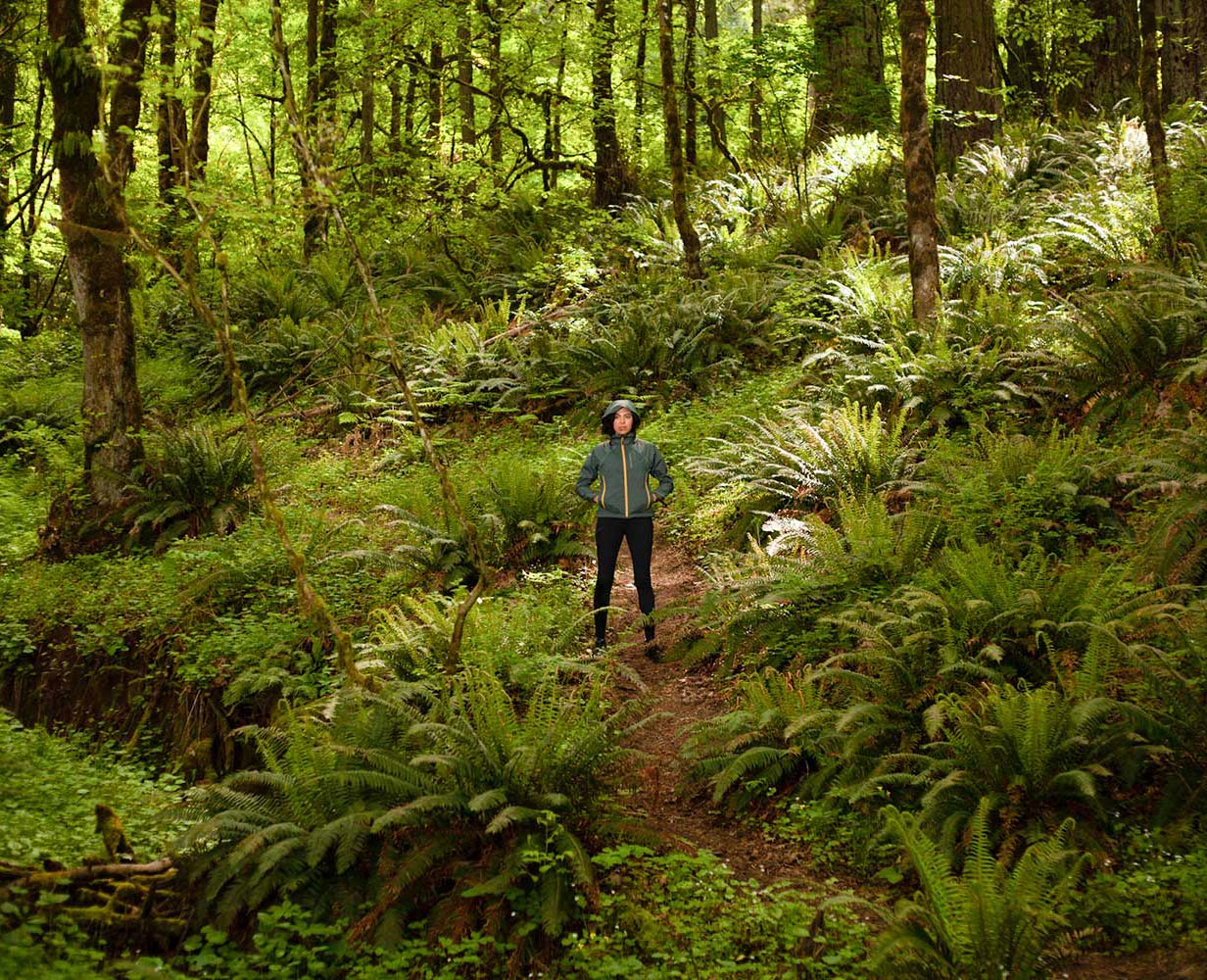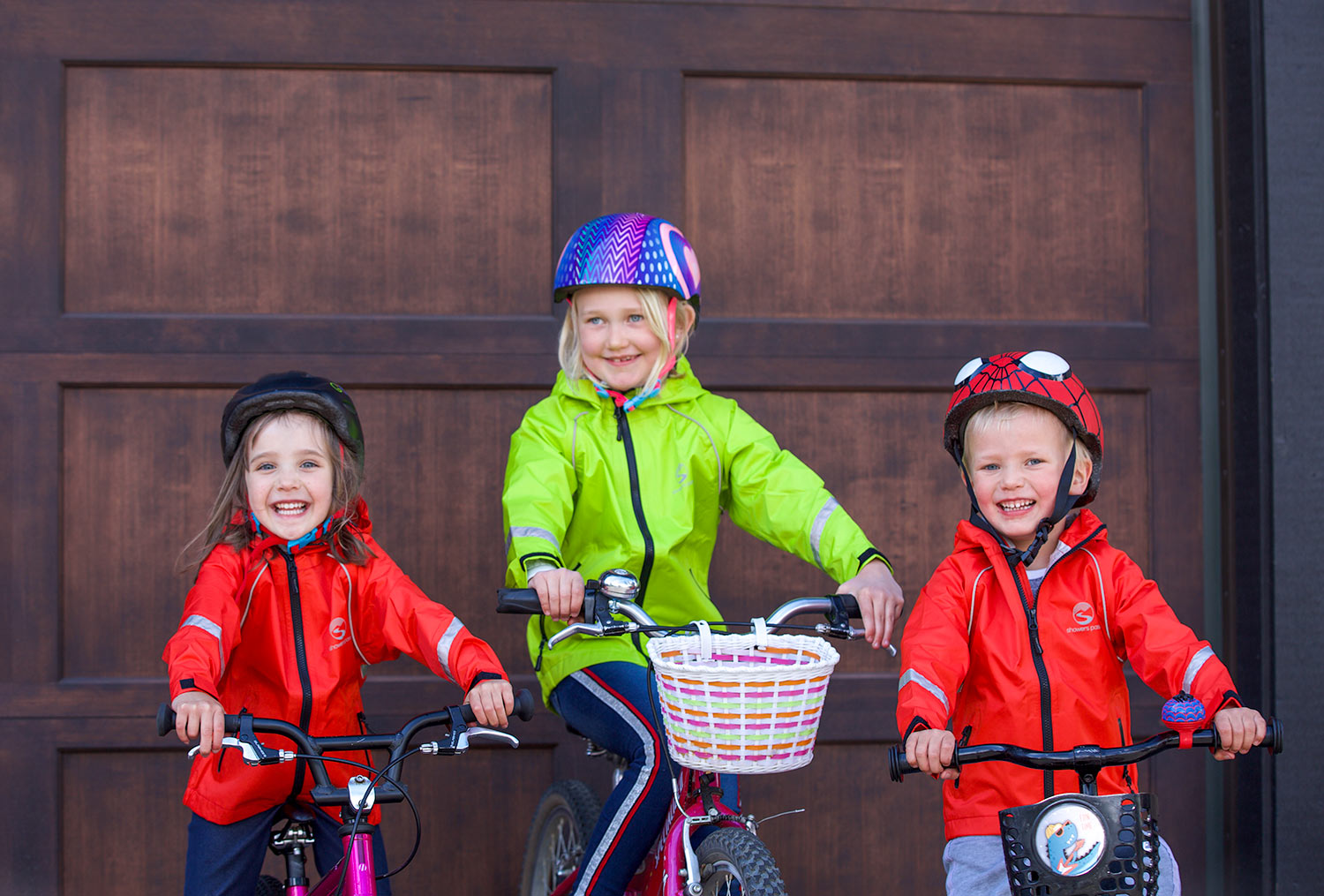Learning to ride a bike is one of life’s great milestones. For a child, the horizon has suddenly expanded enormously and distances that previously seemed insurmountable can now be covered in minutes: maybe to the candy store on the corner.
Many of us will remember when we first learned to ride. For some it was a joyful experience. For me, it was less fun; mainly because it took me past the spot I’d first seen a grass snake a couple of years prior, and I was worried it might slither out under my fast-turning wheels.
For many parents and grandparents, the anticipation of their child learning to ride is palpable. It’s the next landmark in movement after learning to walk, and if said parents cycle, there’s usually the hope and expectation that their child will come to enjoy it as much as they do. For some the anticipation is so great they buy their child’s first balance bike before they are born, presumably because they are worried about a shortage of bikes (those parents must be pleased with their forward-planning, because as of June 2020 the world seems to have sold out of bicycles).
Once you’ve settled on which bike to get and your child has learned to ride, it’s time to venture further afield. Whether that’s the next street over or a longer ride with a picnic stop, some forward-planning always makes for a more enjoyable ride. “Enjoyable ride” might sound like an oxymoron, but it needn’t be. Bare with me! (If you have yet to buy your child’s bike, Two Wheeling Tots is a great resource. And don’t forget a helmet!)
If your child has recently learned to ride, you might want to leave your own bike at home and run/walk alongside them, but note that even a 3-year-old can reach speeds of 10+ mph. Your child should be able to safely control their bike independently before heading out on family rides, i.e. they can start and stop without help and ride in a reasonably straight line.
My number-one piece of advice: save the tears for later rides! Do everything you can to make the experience as positively memorable as possible. If you manage to avoid tears on your first rides, you have been an astounding success. You’ve completely knocked it out the park - even if you only rode one mile and had planned on five.
Go someplace new. This might just be a neighboring street you rarely go down, or a local track to which your child has never been. Unless your mini-me is a globetrotter whose next bucket-list destination is the Great Pyramids, then a new track near your home will be the perfect new horizon to explore. Either way, plan your route, ideally riding it without children first to identify any busy intersections. What may feel like a quiet intersection in a car or when riding alone can feel like a freeway on-ramp when cycling with children. Save the large hills on your route until your child is very comfortable using their brakes, and has enough fitness not to be discouraged climbing up them.
How will you communicate? What will you say if your child needs to stop? Or to alert them to a hazard you know is around the corner? Decide on the cues in advance and practice before venturing too far, maybe in an empty parking lot.
Most children learn to ride first, and then learn how to stop. If they are new to riding, spend some time practicing controlled stopping at various speeds. Also have them stop on your command – you want this to feel normal to them and not something you only ask in a panic.
Put your own fitness goals on hold. You might be used to riding 60 miles on the weekend, and consider anything less barely worth your time, but you’re dealing with a very small person! Be realistic in your expectations. If you think your child can manage 10 miles, try 5 and you can always tack on more at the end. Like anything good in life, you want them to finish the ride wanting more.
Pack snacks and water. Even if you can ride for hours in ketosis, chances are your child can’t. Pack something high in energy: whether that’s dried fruit or you go straight for the candy bar, you’ll be glad to have it when their legs tire – which will be long before yours, so be sure to take regular breaks.
Pack a first aid kit or a few Band-Aids for the occasional scraped knee. And if you plan to go further than a few blocks from your neighborhood, consider bringing a lock in case you decide to make a stop at the store or a park.
Ride safely, and have fun!
